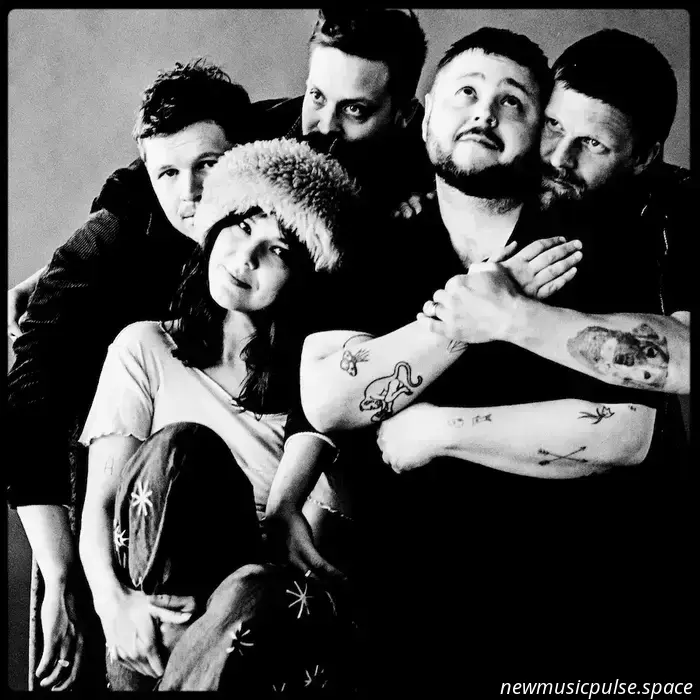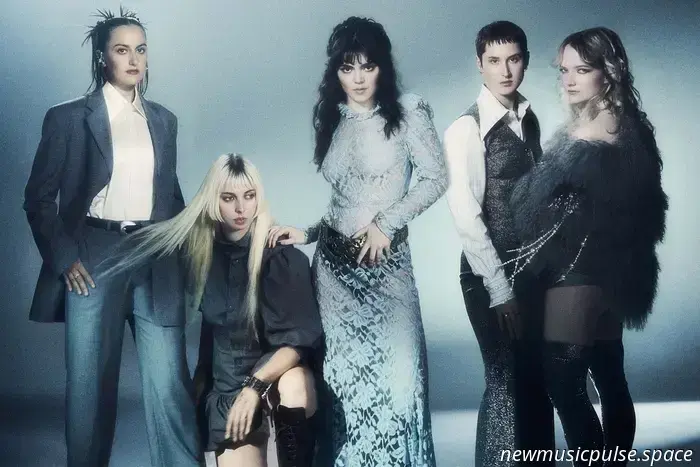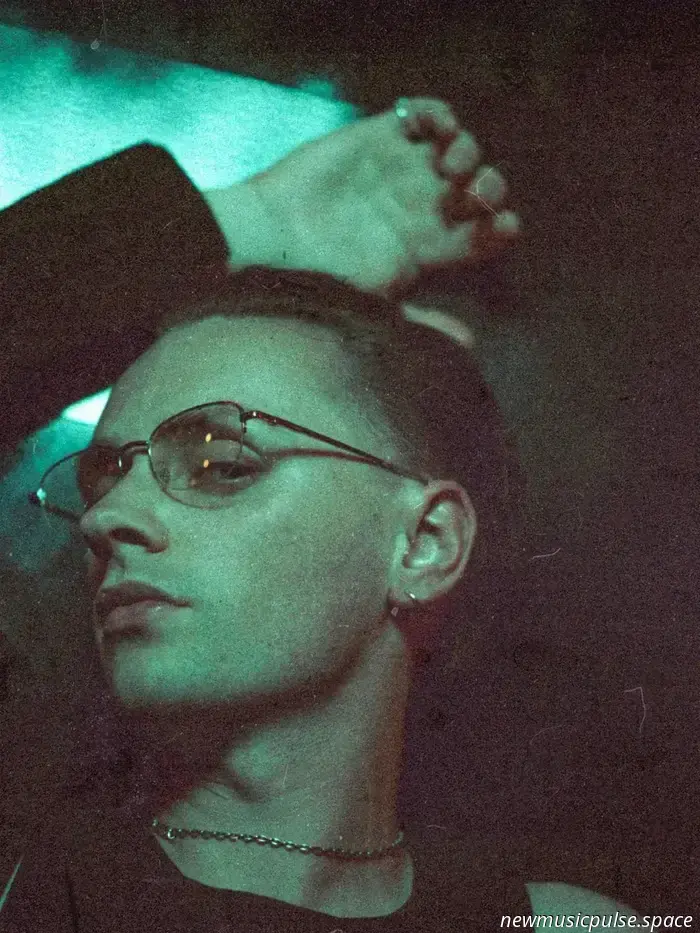
Bands that don't perform in their native languages but opt for English aren't a novel addition to our vibrant music scene. However, prior to the 2000s, such groups were relatively rare. Kraftwerk introduced their groundbreaking German electronic music, and ABBA captivated audiences with their dazzling pop, but Iceland made little noise in this realm, aside from the occasional track from Björk. While Björk and her brief group, The Sugarcubes, might have laid the groundwork for Iceland’s impact on the music industry, it wasn't until the mid-2010s when Of Monsters and Men emerged that Iceland received the commercial acknowledgment it truly deserved.
Since their debut, a remarkable range of talent has emerged from Iceland, including Dream Wife, Laufey, and Kaleo, with Nanna Bryndís Hilmarsdóttir, the co-front of Of Monsters and Men, humbly reflecting on her band's influence on Iceland's musical landscape. She stated, “Many bands came before us when we were starting [like Björk and Sigur Rós], and they inspired us and made it feel possible. They were pioneers who helped people fall for Icelandic sounds… we were fortunate to follow in their footsteps.”
Nanna, remarkably grounded, is somewhat unaware and indifferent about the band's popularity in the UK, particularly their status as an international group. “That’s interesting to hear. Being from Iceland and having always lived here, we never truly know,” she admits. When reflecting on why they succeeded in breaking into the UK market, she admits, “I’m not sure, to be honest. I can't analyze it much,” but she does share her thoughts on what gives her band its uniqueness: “When we started, we were filled with energy and curiosity, which has always influenced our writing and approach. We were new and eager, and we made a record from that youthful energy. I think people connected with that; we weren't overreaching — it was simply about having fun.”
Recalling their beginnings and the band's name, Nanna explains, “We were friends from various backgrounds, and though I had a solo project, I wanted to be in a band. We wanted to compete in a local battle of the bands, so we needed a name quickly, and Raggi [co-front Ragnar ‘Raggi’ Þórhallsson] suggested ‘Of Monsters and Men’. He envisioned a comic about people and monsters living together, and that name resonated with us. It influenced our songwriting and opened many doors.”
Nanna attributes their distinctive sound to her diverse, context-driven music tastes, ranging from the unique post-punk of The Cure to the emotive ballads of Mitski and the genre-hopping discography of Bloc Party. She mentions that their choice to write in English felt organic. “Most of the music I listened to was in English, and many Icelandic bands were also writing in English, although there are waves of artists creating in Icelandic too.” However, she acknowledges that this choice has affected, but not completely alienated, their Nordic fans. “An album in Icelandic creates a different connection,” she observes, although she considers the possibility of releasing music in their native language; “some of my solo work is in Icelandic — maybe we should do an entire album?!”
Their fourth album, ‘All Is Love & Pain In the Mouse Parade,’ is not in their native language, but it represents a reflection on their roots and the nostalgia for their upbringing. The majority was written during COVID, a time Nanna views as “reflective for many.” She confessed that the band faced the decision of whether to move forward with new music, stating, “At our current point in our career, it was necessary for us to ask ourselves, ‘Do we want to create this album?’ It prompts reflection on the past, as well as on who we aspire to be moving forward.”
The album ventures into deep themes of the human experience, addressing internal turmoil in songs like ‘Kamikaze’ and the sense of dissociation that accompanies feeling trapped. “[I connected to ‘Kamikaze’ later when listening back,” she shared. “With my ‘ADHD brain,’ my thoughts and words often get tangled and don't come out as I intend. But there's a sweetness to it — the song ends with the line ‘who loves you more than me?’.”
Speaking about the interconnected themes in ‘Tuna In A Can’ and ‘The End’ alongside the pressures inherent in creative roles, Nanna notes, “Creativity doesn’t thrive under pressure.” She reflects on their fortunate background from a small island that isn’t "deeply entrenched in the industry,” allowing them to disconnect from technology (“you have to call us multiple times to reach us”) and to determine when they want to engage with the music sphere. She adds, “I need to lose myself in something and ponder it; there's more pressure from success-driven aspects of the industry, which can feel


If last year’s Mercury-shortlisted, BRIT-winning debut was The Last Dinner Party’s ‘Prelude’, then the second album ‘From The Pyre’ is an entire symphony – a series of expansive sonic vignettes that encapsulate young adulthood in all its splendid, imperfect, and multifaceted beauty.

Puma Blue is set to release his new album 'Croak Dream' on February 6th. The songwriter, who grew up in South London, is now settled in Atlanta, fully engaging himself in the music scene there.

East London artist Tendai has released a new single titled 'Red Wine'. Available now, the track was developed from the ground up for his live performances, with Tendai looking to create a

To celebrate their 10th anniversary, JYPE’s record-setting girl group TWICE launched 'TEN: The Story Goes On' on October 10th as a present to themselves.
Bands that do not perform in their native languages but rather choose to sing in English are not a new fixture in our vibrant music scene.